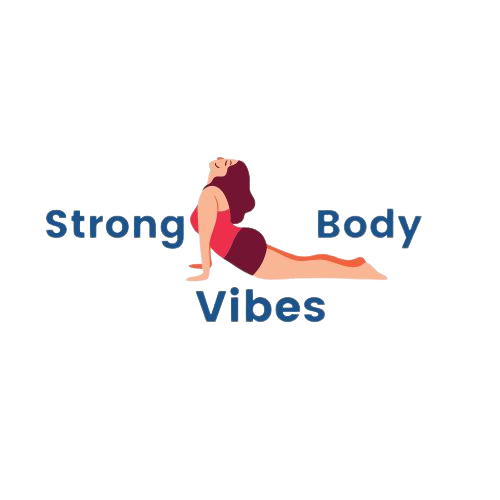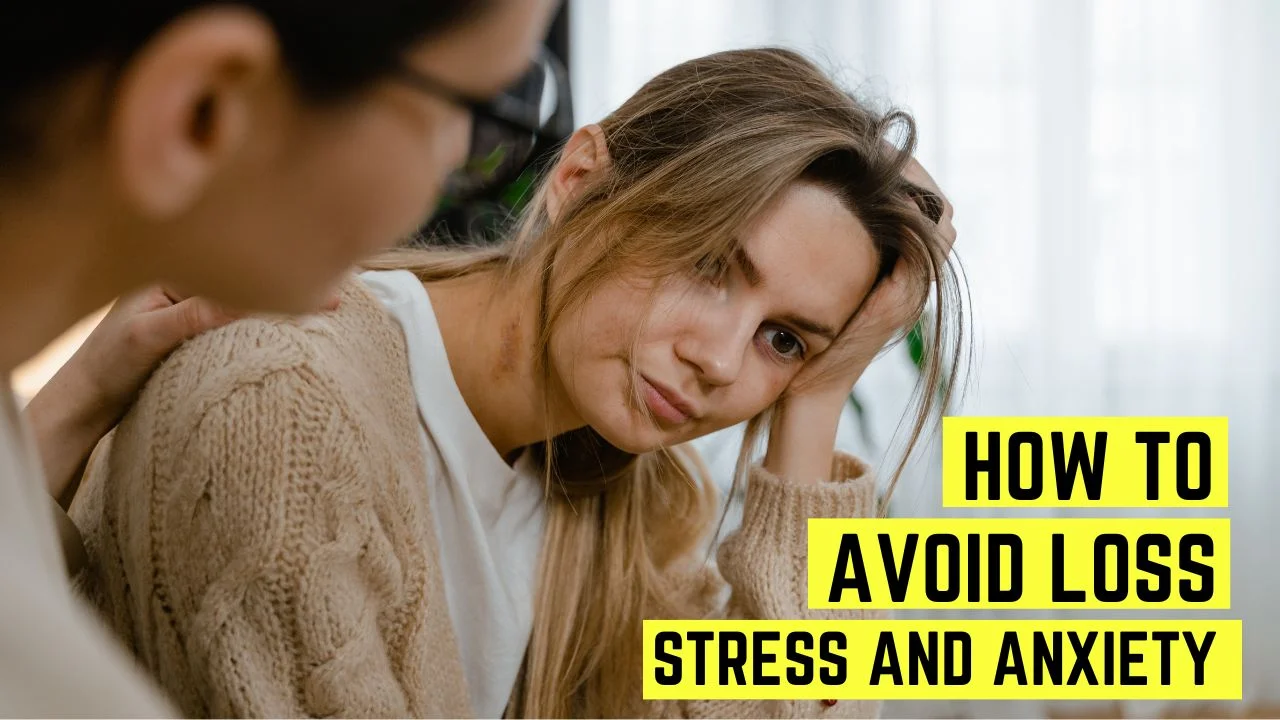In today’s fast-paced world, women often juggle multiple responsibilities, from career pursuits to family and personal life. Managing stress and anxiety can become a crucial aspect of maintaining overall well-being. In this article, we will explore five proven techniques that can help women effectively manage stress and anxiety. These strategies are rooted in science, personal experience, and expert advice. Let’s dive in and empower ourselves with the tools to lead a more balanced and stress-free life.
How To Manage Stress And Anxiety As A Woman: 5 Proven Techniques
1. Mindful Meditation: Finding Inner Peace
Stress and anxiety often stem from the constant noise of life. Mindful meditation, a practice that involves focused breathing and awareness of the present moment, can be a powerful tool. By dedicating a few minutes each day to mindfulness, women can reduce stress, lower anxiety levels, and improve overall mental well-being.
2. The Power of Physical Activity
Regular exercise isn’t just great for your physical health; it also has a profound impact on mental well-being. Engaging in physical activity releases endorphins, which are natural mood lifters. Whether it’s yoga, jogging, or dancing, find an activity that brings you joy and helps you manage stress.
3. Nurturing Support Systems
Connecting with friends, family, or support groups is essential for women dealing with stress and anxiety. Share your thoughts and feelings with trusted individuals who can offer guidance, empathy, and a listening ear. You don’t have to go through it alone.
4. Stress-Relief Techniques: Breathing and Visualization
Learning deep-breathing techniques and guided visualization exercises can help women manage stress in real-time. These practices enable you to regain control over your thoughts and emotions, providing immediate relief during stressful situations.
5. Healthy Lifestyle Choices
Maintaining a balanced diet, getting enough sleep, and reducing caffeine and sugar intake can significantly impact stress levels. Fueling your body with the right nutrients and ensuring adequate rest is crucial for emotional well-being.
How can I incorporate mindfulness into my daily routine?
Are there specific exercises that are more effective for stress relief?
Is it normal to seek professional help for managing stress and anxiety?
Can dietary changes really impact stress levels?
Can stress and anxiety have long-term health effects?
Managing stress and anxiety is a journey that requires dedication and self-compassion. By incorporating mindful meditation, regular exercise, nurturing support systems, stress-relief techniques, and healthy lifestyle choices into your daily routine, you can regain control of your life and find inner peace. Remember, you have the power to overcome stress and anxiety, and you don’t have to do it alone. Embrace these proven techniques, prioritize your well-being, and thrive as a woman in today’s world.

